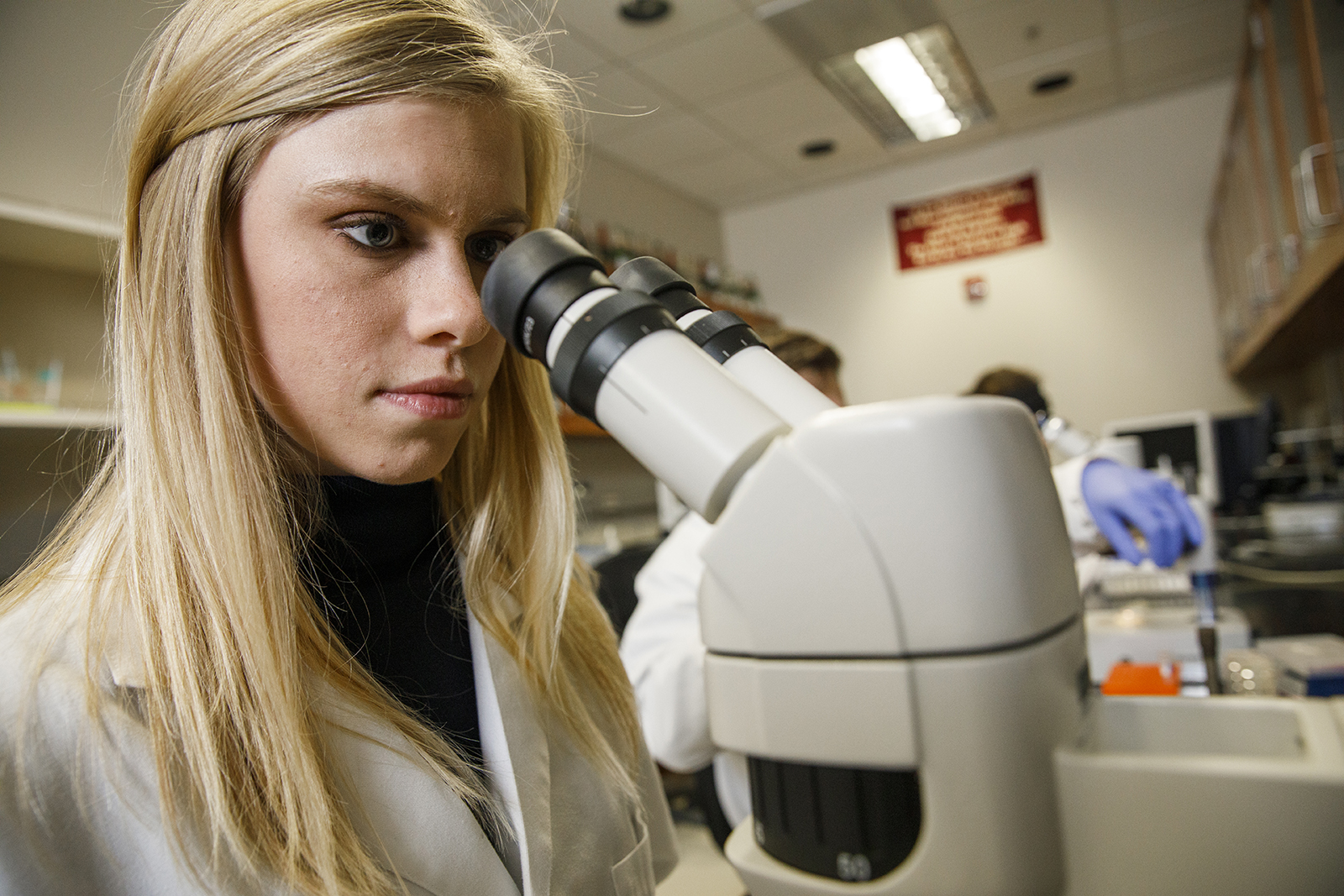
In UA Research, Tiny Worm Mimics Key Genetic Risk for Alzheimer’s
Researchers at The University of Alabama have shown a tiny worm can replicate genetic causes of Alzheimer’s disease, expanding the breadth of preclinical models for the disease.

Researchers at The University of Alabama have shown a tiny worm can replicate genetic causes of Alzheimer’s disease, expanding the breadth of preclinical models for the disease.

Dr. Mercy Mumba, assistant professor in UA’s Capstone College of Nursing, was recently honored with the Southern Nursing Research Society’s Early Science Investigator Award.

As the epidemic continues to grip the nation, the need for more health care professionals to combat addiction and substance abuse disorders is paramount, according to UA research.

The national Agency for Healthcare Research and Quality has funded a joint project between The University of Alabama and Florida International University to test the efficacy of a web and mobile application designed for dementia caregivers.

Undergraduate students at The University of Alabama can enroll in the state’s first educational neuroscience program by the fall 2020 semester.

A University of Alabama professor’s latest online exhibition explores methods used by tobacco companies for years to target African Americans and other minority groups.

A patent-pending device developed by University of Alabama researchers can alert a cell phone when a human or animal is inside a parked vehicle getting too hot. It monitors carbon dioxide levels from human breath inside the vehicle along with temperature and car movement.

Participating sites in the national All of Us Research Program, including The University of Alabama College of Community Health Sciences, have received another round of funding for work on the landmark effort to advance individualized care, prevention and treatment for people of all backgrounds.

UA researchers are working with social service providers to implement an intervention intended to help manage problem behaviors in children who’ve experienced trauma.

Research underway at The University of Alabama, supported by the National Institutes of Health, hopes to identify factors and methods through which individuals are either resilient or susceptible to the neurodegeneration in the brain as part of Parkinson’s disease.